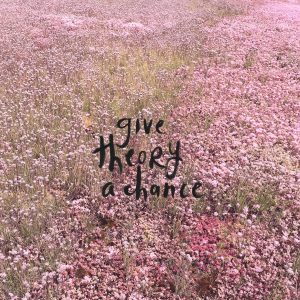In this episode we are joined once again by Dr. Christopher R. Matthews from the School of Science and Technology at Nottingham Trent University. In this wide-ranging conversation Christopher discusses the co-production of knowledge, radical honesty in the methods section, finding inspiration in the work of Simone Weil , and conceiving of research as sacred.
Podcast: Play in new window | Download
Subscribe: RSS

